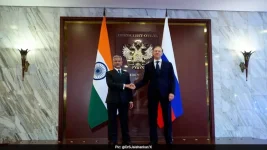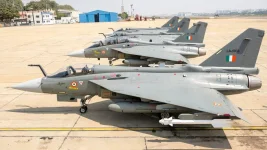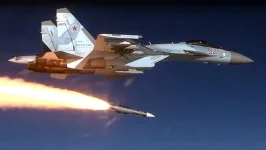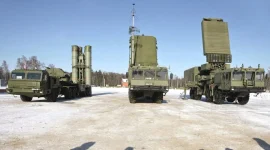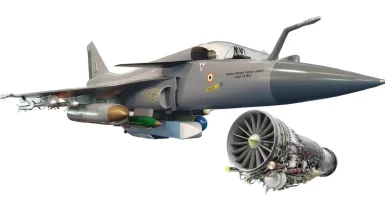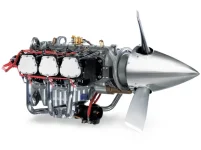- Views: 60
- Replies: 2
Russia has a “special mechanism” to confront any challenge arising out of the US slapping punitive measures against India for its procurement of Russian crude oil, Russian charge d’affaires Roman Babushkin said on Wednesday.
The relations between New Delhi and Washington are on a downturn after US President Donald Trump doubled tariffs on Indian goods to a whopping 50 per cent including a 25 per cent additional duties for India’s purchase of Russian crude oil.
At a media briefing, Babushkin projected the rapid upswing in his country’s ties with New Delhi in several critical areas and said Russia has been a “partner of choice” for India’s requirement of various military platforms and hardware.
The senior Russian diplomat said Russia is expected to be part of New Delhi’s plans to create a new air defence system called Sudarshan Chakra, which was unveiled by Prime Minister Narendra Modi during his Independence Day speech.
“We proceed from the understanding that when it comes to the advancement of these systems, Russian equipment will be part of it,” he said.
The Russian charge d’affaires described as “unjustified” the unrelenting American pressure on India to stop buying Russian oil and said such an approach as well as sanctions are detrimental to the global economic stability and energy security.
“It is a challenging situation for India. We are enjoying trust in our partnership with India and we are committed to address challenges that may come in the energy ties between the two counties,” Babushkin asserted, exuding confidence that India-Russia energy cooperation will continue to grow.
Russian officials acknowledged that a 5 per cent swing is possible in oil import prices in view of the Western tariffs and sanctions, though this will be subject to negotiation.
Last week, US Treasury Secretary Scott Bessent warned that the Trump administration may increase secondary tariffs on India if it continues to procure Russian crude oil.
Though the US imposed an additional 25 per cent tariff on India for its energy ties with Russia, it has not initiated similar actions against China, the largest buyer of Russian crude oil.
Defending its purchase of Russian crude oil, India has been maintaining that its energy procurement is driven by national interest and market dynamics.
India turned to purchasing Russian oil sold at a discount after Western countries imposed sanctions on Moscow and shunned its supplies over its invasion of Ukraine in February, 2022.
Consequently, from a mere 1.7 per cent share in total oil imports in 2019-20, Russia’s share increased to 35.1 per cent in 2024-25, and it is now the biggest oil supplier to India.
“The sanctions are hitting those who are imposing them. We are confident that India-Russia energy cooperation will continue notwithstanding the external pressure,” Babushkin said.
“Russia is the biggest supplier to India of crude oil and India’s demands are growing. Certainly, this is a perfect case of mutual accommodation and complementarity of our economies.
“If hypothetically speaking, India refuses to procure Russian oil, it will not lead to mutually beneficial cooperation with the West. They (Western powers) are behaving like neo-colonial powers,” he said.
The Russian diplomat said both sides are committed to take the volume of bilateral trade to USD 100 billion by 2030.
To a question on American tariffs on Indian goods, Babushkin said the Russian market will welcome Indian exports.
The Russian charge d’affaires said the dates for President Vladimir Putin’s visit to India later this year have not been firmed up.
To a question, he said the role of BRICS as a stabilising force will increase amid the ongoing global turbulence.
In terms of GDP, the size of the economy of BRICS is about USD 77 trillion while it is USD 57 trillion for Group of Seven (G7) nations, he said, arguing that the BRICS is emerging as a major economic power.
The Russian diplomat also said that the defence and security cooperation between India and Russia are set to expand further.
India’s Russian-supplied S-400 air defence systems played a critical role during the May 7 to 10 hostilities between Indian and Pakistani militaries.

